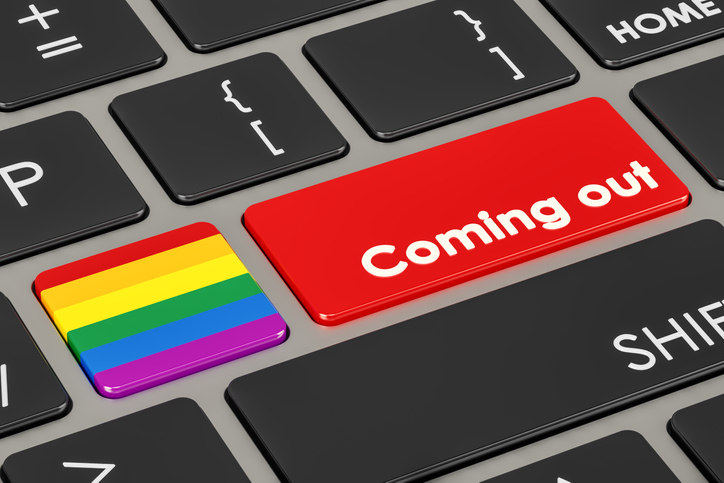by Matthew Beasley, MCP
Registered Clinical Counsellor
Coming out as a member of the LGBT community can be a very intimidating process. According to the Suicide Prevention Resource Centre, LGBT individuals are 5 times more likely to consider suicide and 7 times more likely to attempt suicide than their heterosexual peers https://www.suicideinfo.ca/resource/sexual-minorities-suicide-prevention/ . Fear of judgment and rejection from those they love are very common feelings for LGBT individuals. Rejection can lead to shame and retreating “back into the closet”.
It can be helpful to plan out who you intend to come out to, assessing for emotional safety during this very vulnerable process. When I reflect on my own journey with coming out, I remember first disclosing to a therapist. We had built trust together and I knew she had to keep my information confidential. I then came out to my sister who I knew loved me unconditionally. The third person was a close friend at school. Each step involved a gradual expanding of the circle of trust. I was terrified at first but was later grateful that I had confided in trustworthy individuals and deepened those connections.
Other issues can have their own ‘coming out’ processes. Many of my clients who have struggled with mental health issues, substance abuse, or recent medical diagnoses describe the feelings of shame, stigma, and fear that accompany the prospect of disclosing to loved ones. Similar to working with LGBT clients, I advocate that clients choose carefully who has earned the right to their story. Also, I reframe disclosure so that it doesn’t have to be an ‘all-or-nothing’ process. For example, if someone is trying to abstain from alcohol, they could tell a friend
- “no thanks, I’m not drinking tonight” when offered. They could also say
- “I’m taking a break for health reasons” or
- “I’ve been really struggling with drinking and I’m in recovery now”.
Each of these disclosures involves different levels of vulnerability but all of them can be effective at communicating a boundary.
Working together we can develop a plan regarding who and how you come out to with whichever issue you are facing. The challenge of coming out is that it can be frightening and involves inviting someone in to see a part of you that feels very vulnerable. The gifts can involve deepening emotional intimacy, discovering communities of support, and freeing yourself of shame as you move towards greater self-acceptance.
